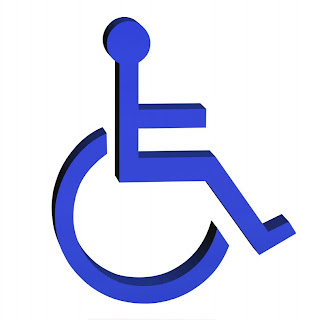Little Known About The Risks of Alcohol and Pregnancy
One in three Australian women do not understand how alcohol affects an unborn baby and about the same number say they will drink through their next pregnancy.Health experts have labelled as "frightening" a survey that clearly shows many women of child-bearing age have no idea that drinking in pregnancy can inflict serious, long-term physical and mental damage on a child.
An annual physicians' conference in Melbourne was told that the revelation should help shape new national guidelines for drinking in pregnancy to be unveiled this year.
The unpublished study showed that more than a third of 1103 Australian women questioned did not know about the adverse effects of alcohol on the fetus.
About the same number would continue to drink during a future pregnancy, including the first trimester which is the most vulnerable stage.
Study leader Dr Elizabeth Peadon, from the Australian Paediatric Surveillance Unit, said the figures highlight the need for ongoing education for women on alcohol drinking in pregnancy.
"While the majority of women in this survey were aware of the effects, a frightening percentage were not and nor were they concerned," Dr Peadon said.
Australian guidelines currently recommend no more than two standard drinks a day and no more than seven a week for pregnant women, but both the US and the UK advise abstinence.
Professor Elizabeth Elliott, a leading paediatrician from the University of Sydney, said the new results were concerning and indicated that the "no alcohol" message might be the best choice.
"No safe lower level has yet been established, so the safest option right now is to just avoid it," Professor Elliott said.
Alcohol causes many problems in pregnancy including stillbirth, prematurity, low birth-weight and miscarriage.
Affected babies can grow up with birth defects, neurodevelopment problems and, in the worst case, fetal alcohol syndrome, a severe disorder linked to a raft of physical and mental problems.
Professor Elliott presented new research showing that 92 cases were diagnosed in Australia between 2001 and 2004, with 64 per cent in indigenous families. In half of the cases, another sibling in the family was also affected.
Children were being diagnosed too late, some as late as 12 years old, when intervention was less effective.
Professor Elliott said she believed the condition was under-reported because of a lack of knowledge by health professionals, the perceived stigma and the lack of diagnostic services.
I believe that the damage has been done by some physicians telling pregnant women that it is okay to have one drink every once in a while. It gives them the impression that alcohol has no effect on the fetus if done in moderation.
The UK just recently joined U.S., Canada, Australia, New Zealand and France, asking pregnant women not to drink while pregnant.


Comments